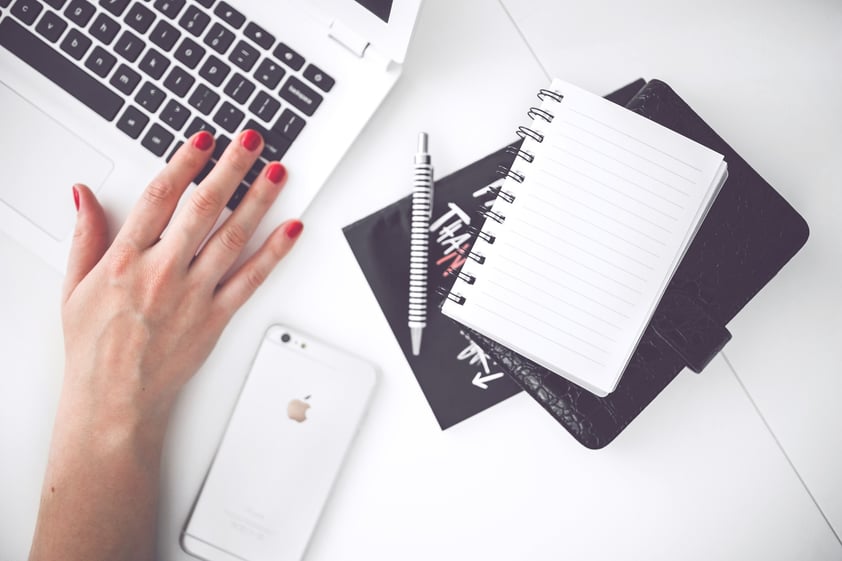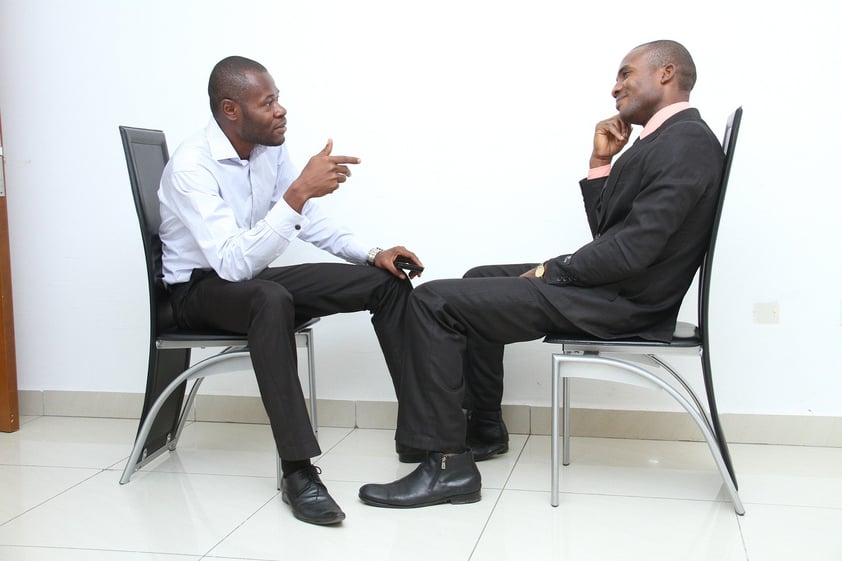You earned your certification and you’re ready to land your first allied health job. Or perhaps you’re already in the field but you’re looking to move on or move up. Getting the job is about luck, but mostly it’s the luck you create. As the Roman philosopher Seneca so famously said, “Luck is what happens when preparation meets opportunity.” So create your own luck and follow these 10 tips to prepare for your job interview.
1. Research the company and interviewer
One of the great things about entering the healthcare industry is that there’s a diverse range of employers to choose from. From hospitals and pharmacies to assisted living facilities, each employer will have a distinct work environment and culture. Do as much research as you can about the company and the person who will be interviewing you on sites such as LinkedIn, Glassdoor and of course, their website. The interviewer will be impressed if you are able to bring up a piece of news or company history you read on their website and it will show them that you are genuinely interested in the business.

2. Tweak your resume
Take a look at the job requirements and make tweaks to your resume based on the position. This will help increase your chances of rising to the top of the resume stack. BONUS: Use words they use in their job description to show that you are the candidate they’re looking for! And be sure to check out our resume tips for allied health professionals.
3. Anticipate resume questions
Your resume is your first impression on your potential employer. If it leaves any question marks, be prepared to answer for them. Do you have a two-year gap in your resume without any experience? That can be a red flag. Not to worry, as this isn’t a deal-breaker, just be prepared to explain why. Perhaps you were on sabbatical traveling the world. Or you were doing some soul searching to discover what you really wanted to do. Or maybe you took two years to focus on being a parent. Employers will respect your honesty and the fact that you march to the beat of your own drum.

4. Rehearse some answers
Prepare some answers for questions you think might come up in the interview. This will vary by position, but here are a few common ones, especially in allied health positions:
- Tell me about yourself.
- What made you interested in working here?
- What’s your biggest strength?
- What’s your biggest weakness?
- Why did you leave your last position?
- What are your career goals?
- Can you give an example of a time you’ve worked well under a stressful situation?
5. Prepare some questions of your own
Interviews go two ways. They are interviewing you to see if you’re a good fit for the position, and you are interviewing them to see if it’s a good fit for you. It’s not much different from dating, really. At the end of the interview you’ll likely be asked, “What questions do you have for me?” Have some questions prepared that will help you decide whether or not the position is right for you. Be an active interviewer, not just an interviewee. After all, nobody wants to date someone who only talks about themselves.
6. Plan your outfit
Plan what you’re wearing ahead of time to eliminate some stress on interview day. You’ve already done your research about work environment, so you know what to expect. And in many allied health professions, it’s likely scrubs. This should go without saying: Don’t wear scrubs! Business attire is generally safe and formal is always better. Consider a suit or business-appropriate dress that’s not too form-fitting. Keep jewelry and makeup minimal to avoid distraction. And make sure to pull out the iron if anything is wrinkled.

7. Pack your bag
Prepare everything you need to bring ahead of time so that, like your outfit, it’s one less thing to worry about come interview day. Here are some things to consider packing:
- Extra copies of your resume
- A list of references
- Notepad and pen to take notes
- A stain-removing pen (just in case!)
- Breath mints (just make sure you’ve finished freshening your breath BEFORE the interview so the mint in your mouth is not a distraction)
- A water bottle
8. Catch some zzz’s
A good night’s rest is important. According to WebMD, when you don’t get enough sleep you won’t think as clearly, your emotions might be everywhere and work performance can suffer (source). Strive for eight solid hours and eat an energizing breakfast to ensure your body and mind are at their best.

9. Plan your commute
Look up directions and plan to arrive 20-30 minutes early. A good rule of thumb is to actually go into the interview 10 minutes early to show your potential employer that you’re punctual. But that extra 10-20 minutes will be a nice buffer for unexpected traffic delays, parking, etc. (If you use an app like Waze to get driving directions, it will consider construction, accidents and other delays into your commute time.) Plus, arriving plenty early will leave a few extra minutes for No. 10.
10. Breathe
Look, interviews are stressful. But keep in mind that it’s felt on both sides. Remember, you are interviewing them as much as they are interviewing you — you both are looking for a good fit. Give yourself a couple of minutes to take a few deep, calming breaths to calm your nervous system. Try this 5-minute guided meditation in your car so you’ll be in a calmer state walking into the interview.
Be sure to check out our other NHA career resources as you work to find your right allied health path.
Good luck! Although if you’ve followed these tips, you’ve already created some of your own.

